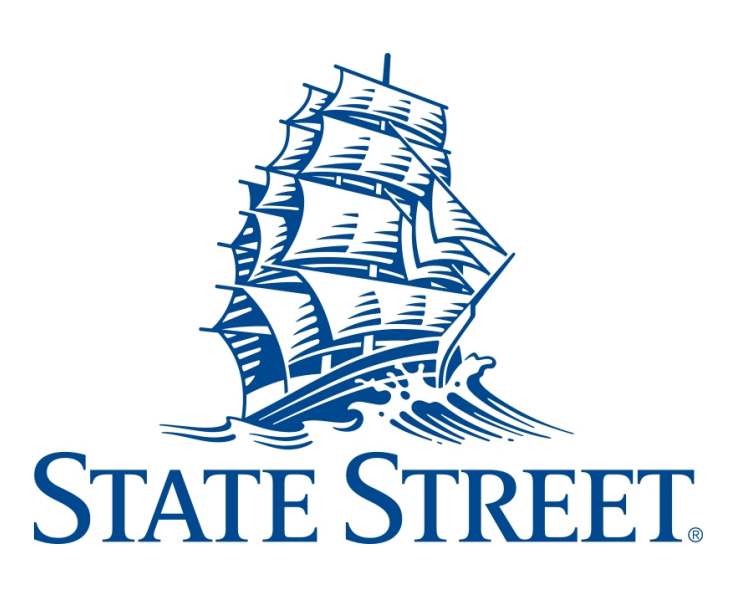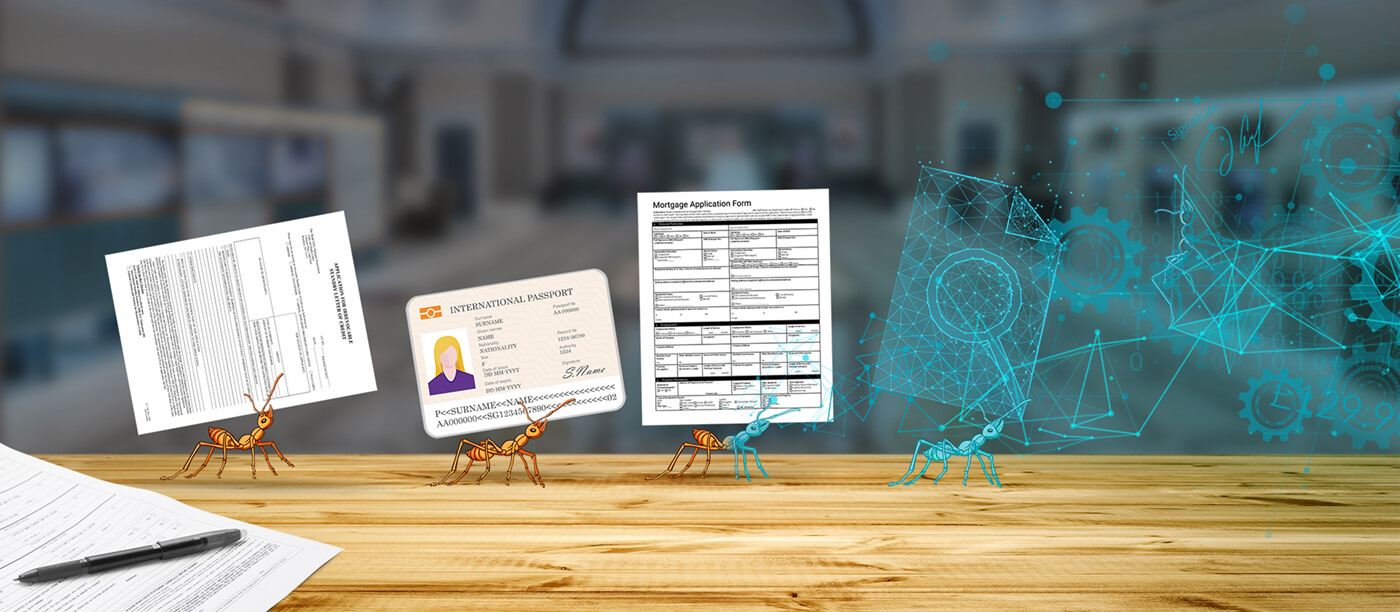State Street is America’s second oldest, continuously operating bank. It was founded right here in Boston, Massachusetts, in 1792 and takes its name from a thoroughfare that, in its heyday, was known as ‘The Great Street to the Sea’. Back then Boston was a thriving port and that trade made the city wealthy. State Street’s emblem is a clipper, a 19th Century ship renowned at the time for its speed. In business speed matters.
In 2016 State Street announced Project Beacon. It was a major initiative to digitize the business. Back in 2016 State Street recognized that taking paper out of the business reduces costs, reduces errors and reduces time to make decisions.

State Street was ahead of the curve, but six years later COVID has brought home to the rest of the business world the urgency of moving towards digital. For some it’s because employees are working remotely (and some remote work will continue indefinitely) for others it’s realizing the potential bonus of taking the paper out of business processes.
Just think about it – we can search millions of pages on the web for information and do it in seconds. If that information is in documents that aren’t digitally indexed and searchable then sifting through a million pages can take… well, years.

Whether you’re in insurance or finance, healthcare or legal almost everything is already digital or ready to digitize. Incumbents have a wealth of data available. But what use is the data in a document you can’t find? It’s those with information at their fingertips that actually get to use it. Digital challengers may not have that mountain of legacy data gold but they are able to use the data they have better. They’ve reshaped the playing field in their favor and, unless you’re like State Street, you’re playing catch up.
Digital challengers are also better placed to take advantage of the increasingly distributed nature of work. Most big companies have offices around the country or across the world.
And many businesses are rethinking the office all together. Being able to open a new outpost just by hiring someone with a laptop and a kitchen table makes a business more agile. Reducing office space frees up capital for new projects or product development or to cut prices, all of which bring a competitive advantage. It’s inevitably a case of ‘if I don’t do it someone else will.’
The pandemic has also seen work from home gaining traction. Some business will allow employees to make this a permanent feature. This is creating a new type of employee; the nomad. Work where you like when you like. Follow the warmth to Miami in the winter and seek out the beauty of Nantucket in the Summer. Like to ski? No problem! There’s Aspen in the winter or even A Basin in June.
The pandemic has simply hastened a trend that was already gathering steam.
The Bottom Line
In today’s working world we can’t all reach for that same piece of paper even though we may all need it. In digital businesses everyone has the information at their fingertips.
And while there will still be powerful forces pulling us back into the office (better skills and knowledge transfer, brainstorming and team building among others). The need to access physical documents shouldn’t be one of them.
Whether people are working from home, on the road, or in offices around the globe, having access to a single point of information so everyone is, literally, on the same page, cuts both errors and the time that it takes to complete tasks. It’s simply a change that has to happen. It’s a change that is happening. Because, in business, speed matters.
Having agreed that it’s ‘when not if’ that leaves us with the ‘how?’. The organisations with the most paper clearly have the most to gain. But what solution can read, understand and organise all the documents that, for instance, big financial and insurance institutions have to process?
A paperless world isn’t just ‘on the horizon’. It’s here.
This is the part where I say ‘we do.’ Of course you knew that was coming. But don’t take my word for it. It’s simple to demonstrate. There’s a straight-forward progression from ‘here’s an example from an existing client’ to a proof of concept with your own set of documents, to a fully customised and trained system that can quickly cut human-in-the-loop time by 90% plus.
So, let’s talk about how Antworks CMR+ Intelligent Document Processing will take paper out of your business and put data in the hands of your employees.

